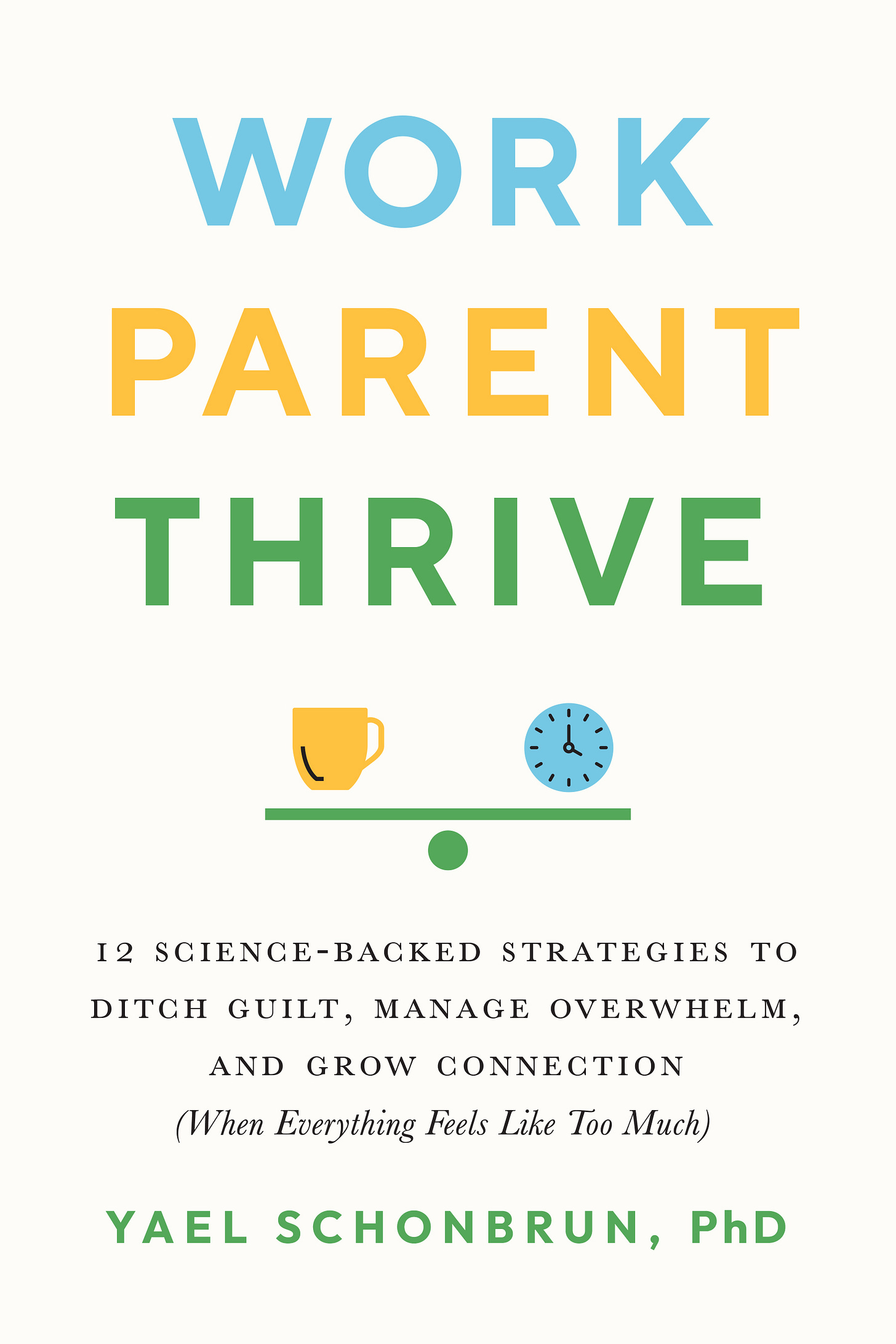Today I’ll be sharing some controversial research findings that aren’t new—in fact, they’re around 25 years old! But they’re important enough that I think about them in my everyday clinical practice and personal life.
Here’s the gist of the findings: active listening skills—that is, reflecting and paraphrasing what you’ve heard—don’t actually matter that much for our closest relationships.
It’s a weird piece of research, right? Especially for those of us who have drunk the Kool Aid suggesting that active listening, whether it’s with our partner or kid or colleague, is one of the most helpful and important things we can do for our relationships.
So, what’s up with this finding?
First, let me admit that as a practicing clinical psychologist specializing in relationships, the bulk of my professional work involves helping people to hear one another. I spend a lot of my time teaching couples and family members to listen more skillfully. But despite the central role that active listening skills play in most marital therapists’ offices, some studies show that active listening doesn’t offer significant markers of happy marriages and that a lack of listening skill isn’t prognostic for divorce.
Though often lauded as the panacea for healthy communication, this research reveals that active listening may be more a red herring than a remedy.
These findings make sense if you consider that there are lots of ways to let people know you “get” where they’re coming from that have nothing to do with active listening. When someone tells you a sad story and your eyes fill with tears, they receive inarguable evidence that you “feel their pain” and truly get what they’re going through. The same applies goes when you laugh so hard milk comes out your nose in response to a hilarious story. It’s not just reflective listening that lets people know you hear them, in other words. Your facial expressions, a hug, a touch on the shoulder, or the sending of a care package can each do the job of letting others know how deeply you’ve heard a message they are trying to convey.
On the opposite side, reflective listening statements can sometimes seem empty or inauthentic. Telling your partner, “So I hear that you feel x, y, or z” can seem come across as artificial. And it’s easy enough to insert heavy doses of sarcasm into highly skilled active listening. Like, “Oh, I hear you loud and clear. You’re a genius at decision-making while I only make bad decisions,” or, “Sounds like you think I'm the reason our kids are going to be screwed up.” These statements are less deep understanding and more passive aggressive grenades.
Plus, even if you’re sarcasm-free and technically accurate, active listening may not offer the kind of connection the other person is seeking. Maybe you have a partner or friend that feels uncomfortable with verbal affirmation but feels deeply connected through the nonverbals. Or maybe someone just wants you to provide a place where they can process aloud what’s on their mind and your quiet listening attention is the only validation they require.
So, with that, should we toss the listening baby out with its bathwater?
Before we decide, let’s dive a bit deeper into these findings and the controversy around them.
Communication Controversy
Revelations about the lack of impact active listening began in earnest with a 1998 study led by famed marital researcher John Gottman. (You may know Gottman as the guy featured in Malcolm Gladwell’s book Blink, or the guy who came up with the 4 Horsemen of the marital Apocolypse, who advocates for bids for connection, who specified a 3:1 ratio of positivity in relationships, and who’s written countless relationship bestsellers like this one.)
Gottman’s 1998 study of newlyweds followed the couples for several years, collecting data that included laboratory conversations on problems about which they had ongoing disagreements. Results showed that “active listening exchanges hardly ever occurred, and they were not predictive of differential marital outcomes.” Gottman and his colleagues admitted that they were “shocked and surprised” by these results given that they, like most marital researchers and clinicians, had assumed that active listening would be helpful for sustaining relationship happiness (Gottman, in fact, had previously recommended active listening skills and included them in marital interventions in prior work).
To disentangle these surprising findings, the research team took another longitudinal sample of couples and examined footage and transcripts of laboratory conflict conversations, finding, again, little evidence that careful paraphrasing or validation between partners mattered for relationship. They concluded that the active listening model of therapy, despite its intuitive appeal, is misguided and therefore argued that marital researchers and therapists should begin to accept that teaching listening is not a useful marital intervention or practice.
This study caught the media's attention and sparked a contentious back-and forth between marital researcher camps on whether active listening should be discarded along with our VHS tapes.
The team of marital researchers (Scott Stanley, Thomas Bradbury, and Howard Markman) disputing Gottman and his group’s findings stressed that canceling active listening was not, in fact, a wise piece of advice. They argued that Gottman’s methods had several concerning methodological and interpretive flaws that should prevent marital researchers, therapists, and couples from totally tossing active listening out of their toolkits. And they explained that while couples may not do it naturally and active listening isn’t a cure-all, many studies have and do support it being a tool that fosters greater conversational satisfaction and a stronger sense of being understood.
Furthermore, Markman and his colleagues explained that even if paraphrasing what your partner said isn’t some sort of magical relationship elixir, it can provide a helpful and viable pathway to “reinforce a basic understanding that there are two people with different points of view in the relationship.” In other words, the words and skills we use matter less than what those words and skills are intended to do: communicate our experience, feelings, thoughts, and hopes to your partner.
The Take-Home Message
Though the research teams disagreed about the pathway to getting there, they were in lockstep with one another that helping people in conflict to recognize and consider the validity of differing points of view is critical for relationship health. You can use active listening to get there, but it’s just one among many the tools that can pave that all-important road to connection and understanding.
Markman and his colleagues explain that active listening techniques offer a concrete and actionable tool, one that can be learned quite easily and applied in all sorts of situations. The skills of telling a partner (or family member, friend, or colleague) “What I heard you say was…” or “It sounds like you’re feeling…” are simple to implement and carry the possibility of helping people understand one another and connect more effectively. It makes intuitive sense, is simple (though not always easy) to implement, and can be an effective tool for connection. Gottman, on the other hand, emphasizes techniques like accepting influence from our partners, using what he calls soft start-ups, and defusing tension with humor.
So, remember, however you get there, what matters most is developing and communicating an awareness and acceptance of differing points of view, experiences, values, and hopes. In other words, it’s not the skills of active listening that matter, it’s the spirit of wanting to understand someone else; of being open to new or deeper understanding of them, of showing that you are trying to wrap your mind and heart around something important to them.
So whether you reflect back what someone tells you, silently absorb their message, or identify some other action that can fit the bill, remember, that the skills matter less than the intention behind them.
(Feel free to share an active listening response to validate you understood in the comment section. I’d also feel deeply understood if anyone wants to send me a care package;)
Go Deeper With Me!
If you enjoy the kind of relational science I explore in this newsletter:
Pick up a copy of my book, Work, Parent, Thrive. In it, I explore the relationship between roles, parents and children, and partners, and the science guiding us in how to thrive in a life full of demanding roles. (Email me if you’d like to be sent a free copy of the first chapter.)
Follow me on Instagram, where I attempt to regularly share science-backed ideas for relational thriving: @yaelschonbrun
I spend much of my professional time thinking about how science and clinical practice can foster relational thriving, including relationships between parents and children. A newsletter isn’t therapy, but it can be therapeutic. Send me your parenting or marital questions if you’d like to read about how social science and clinical practice can help you navigate specific relationship challenges more skillfully.
Relationally yours,
Yael







One of my favorite children's' books is 'The Rabbit Listened' by Cori Doerrfeld where all these animals listen to the child's disappointment in different ways. I'll sometimes jokingly ask my husband "Do you want me to be the chicken (talk), the bear (get angry), or the rabbit (quietly be with him)"?
https://www.amazon.com/Rabbit-Listened-Cori-Doerrfeld/dp/073522935X/ref=sr_1_1?crid=1R3BIPBU5NTA&keywords=the+rabbit+listened&qid=1704913381&sprefix=the+rabb%2Caps%2C151&sr=8-1
I totally can see this! I use active listening with my little kids but not with my husband. We have a good relationship and good communication skills but active listening isn’t one of our tools.